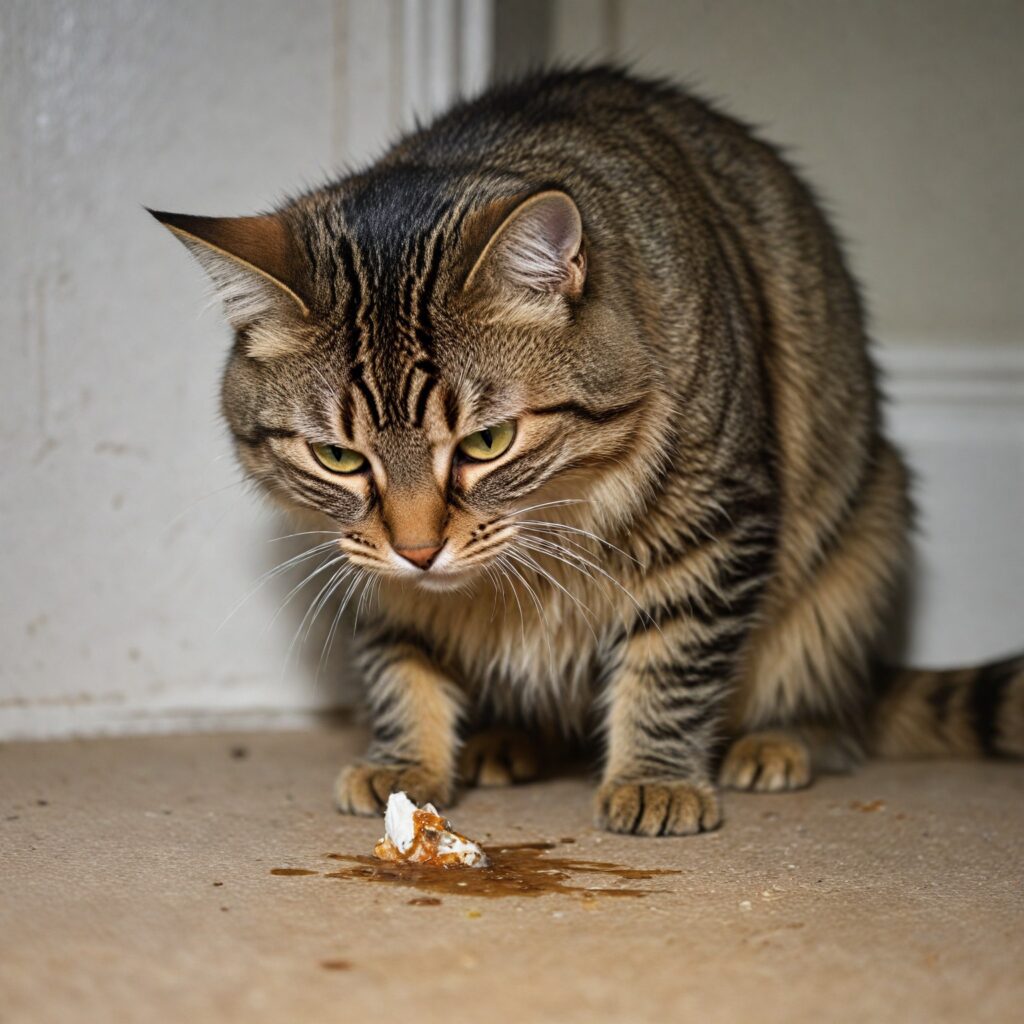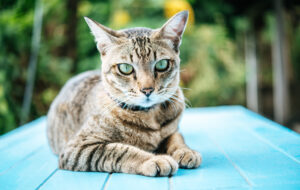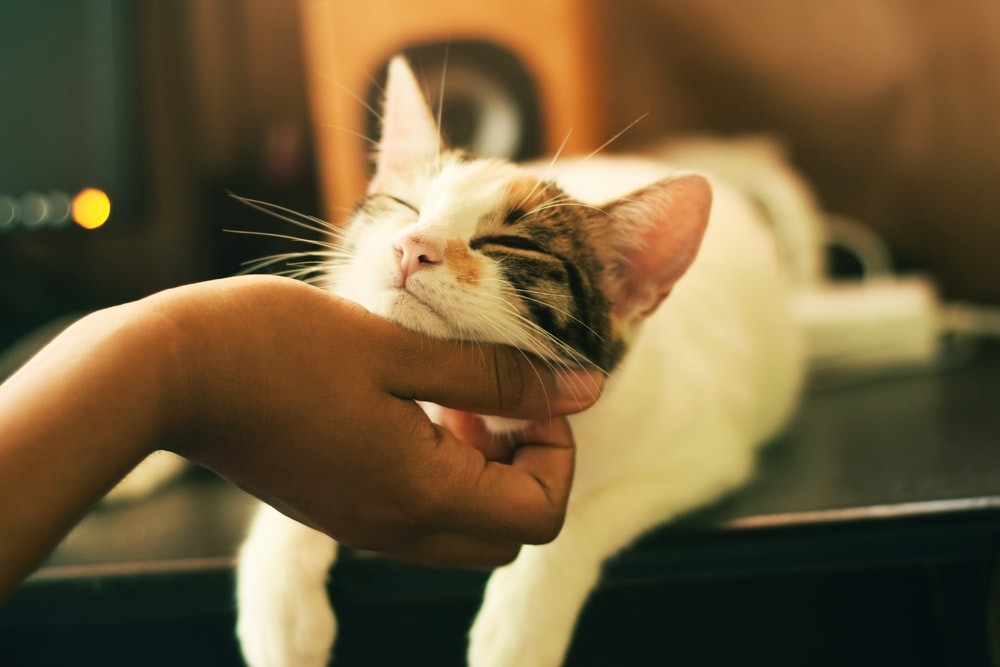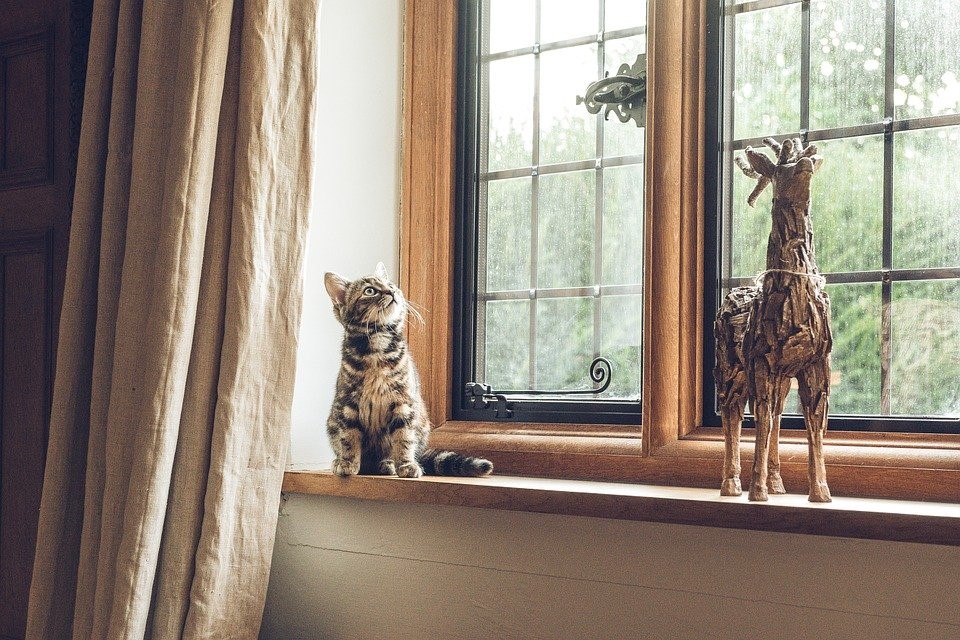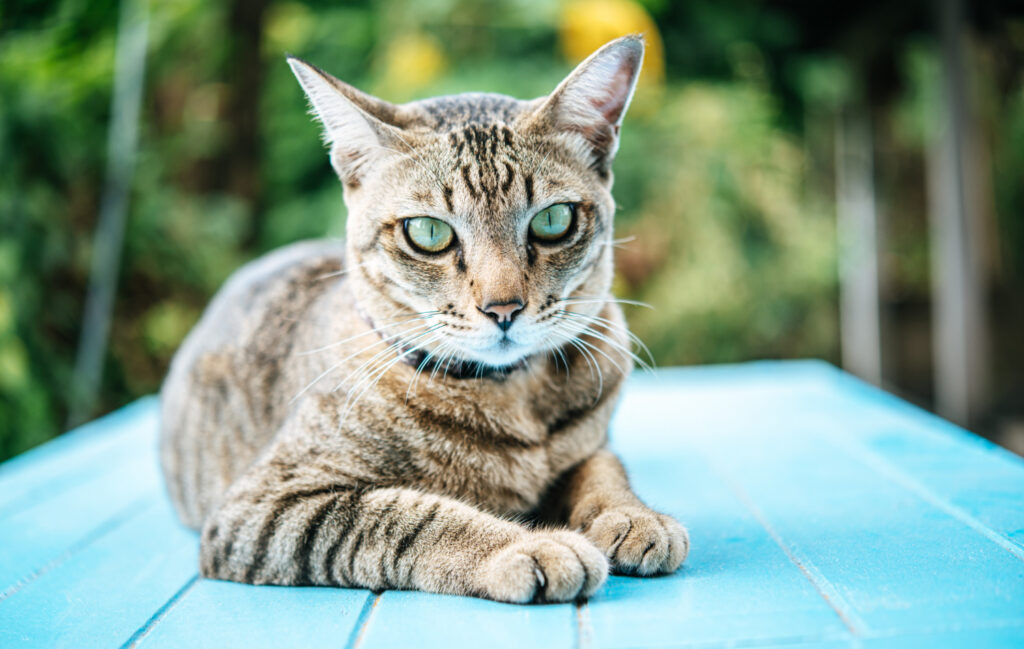Throwing out white foam is a common symptom in cats. It is significant for the owners to pay attention to this symptom and other accompanying symptoms their cats might be suffering from because veterinary attention might be necessary. This is especially necessary if your cat is continuously vomiting or stops eating. There are many fundamental causes for a cat to vomit white foam.
1. What are the main causes of cat vomiting white fluid?
Most common causes include:
Indigestion: Like the human stomach, cat’s stomach manufactures different biochemical substances that help in digesting the food. If a cat is not fed on time or skips a meal, it will result in the accumulation of gastric juices. These gastric juices have contents like HCL that result in irritation of stomach walls if it remains there for too long. Ultimately cat will vomit out this gastric fluid.
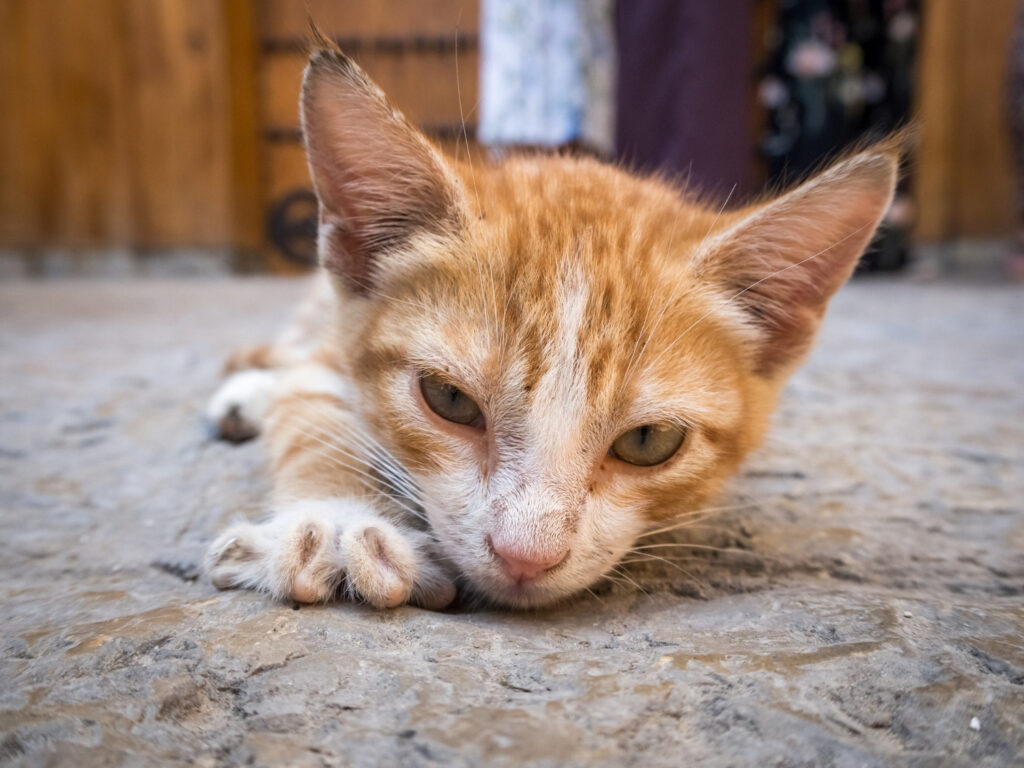
Cats with digestive problems may vomit yellow foam in addition to white foam. If your veterinary specialist is suspicious that your cat is vomiting due to the digestion problem, he/she will advise you to feed frequent but small meals throughout the day.
This can alleviate the accumulation of gastric juice in the stomach.
Gastritis: It is a very serious condition due to which your cat may vomit white foam. Eating some unhealthy things may result in stomach irritation. Because of this, your cat can vomit white foam along with blood or bile. Other symptoms include lethargy, dehydration, a decrease in appetite, and a depressed attitude. Your vet will prescribe daily medications that help to reduce the acidity and inflammation of the stomach. Your vet will also advise you to abstain from some foods that may increase the severity of the condition.
Irritable Bowel Syndrome (IBS): Irritable bowel syndrome, also called inflammatory bowel disease, is another cause of vomiting in cats. Cats suffering from IBS can also have accompanying symptoms like diarrhea and decompensation. To confirm the diagnosis, vet will ask you for a laboratory test and then set up a treatment plan.
Pancreatitis: Cats suffer from both acute and chronic pancreatitis, just like humans. It may also be associated with other diseases, such as hepatic disease, gastrointestinal disease, and diabetes. Cats suffering from pancreatitis can show symptoms like vomiting white foam.
Other less common causes of vomiting include diabetes, kidney disease, and parasitic infections. Diabetes and renal disease are common in senior cats and less common in adult cats.
2. When is it necessary for you to visit a vet if your cat is vomiting white foam?
If a cat is vomiting for more than two times a week, you should bring your cat to a veterinary specialist. You need to be over conscious if your cat is showing any associated symptoms like diarrhea, weight loss, lethargy, excessive thirst, pacing, nausea, drooling.
Moreover, if the vomiting continues more than two or three weeks without any other symptoms, you should bring your cat to a veterinary specialist.
If your cat vomits every time it eats or drinks, then take this condition seriously and immediately go to a veterinarian. If the cat has ingested something like a small toy, or string, it may result in white foamy vomit, and it needs emergency treatment.
3. How does licking the fur result in vomiting white foam in cats?
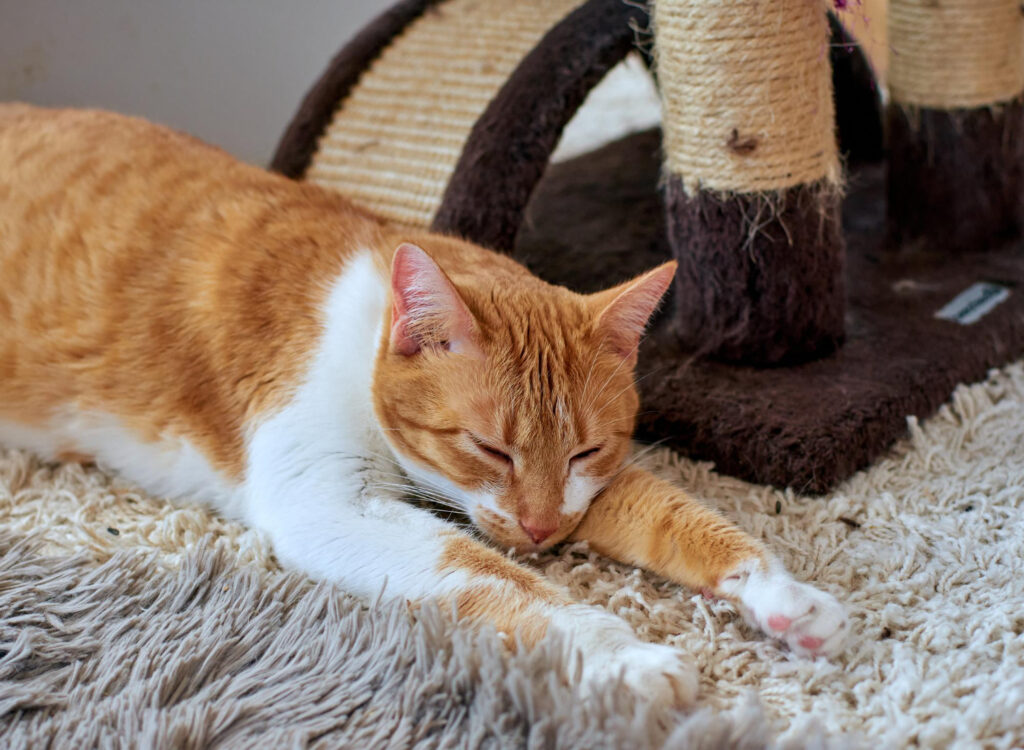
Cat learns how to lick while they are grooming. They lick their own fur and ingest it that sometimes starts to build-up in their stomach, and cats are unable to pass it in the stool. When this happens, the cat vomits it out as a white foam. If the cat is vomiting only white foam and not the fur, it may be a risk factor for white balls.
Many dietary supplements can aid in getting rid of white balls. These are available in gel and chew forms. Implementing a regular brushing habit for your cat can help get rid of any loose fur in her coat that it can ingest while grooming herself.
4. Can hepatic and endocrine disturbances result in white foamy vomiting?
Cats suffering from the hepatic disorder can show several symptoms, such as white foamy vomiting, weight loss, yellowing of eyes, lack of appetite, weight loss, and yellowing discoloration of the skin. Liver disease has no treatment, but symptoms are curable. Your vet can plan a treatment plan for your cat to get rid of such problems.
Increased thyroid hormone secretion, commonly known as thyrotoxicosis, is another very common disease of elderly cats.
The most common symptom is vomiting, especially of foamy white color. Other symptoms include weight loss instead of increased eating and drinking, excessive urination, and diarrhea. For the diagnosis of thyroid disease, blood tests are advised that show thyroid hormone levels.
If these tests confirm hyperthyroidism, veterinary specialists will prescribe daily medication for your cat.
